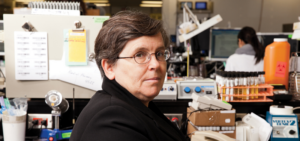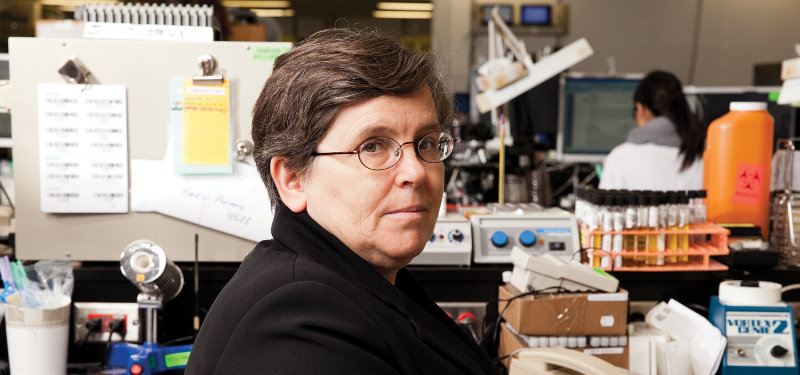Fears fourth wave: “Perhaps the worst”

CALGARY – “We are in big trouble”. “We are in trouble up to our necks”: with this short sentence Dr. Joe Vipond, a doctor in an emergency room in Calgary and co-founder of Masks4Canada, photographed the current situation. With the number of cases on the rise in Ontario, Alberta and B.C., the doctor fears that – unless governments act to stop it – this fourth wave of Covid-19 may be worse than the first.
His calculations show that Alberta’s case numbers double roughly every 11 days. So if this trend continues, he said, Alberta could see 1,200 new cases per day in early September and 2,400 daily cases by the middle of the month. “There has certainly been a significant increase in the number of Covid-19 patients hospitalized in the last two weeks – said Dr. Shazma Mithani, a doctor at the Royal Alexandra Hospital in Edmonton and at the Stollery Children’s Hospital – the reopening of schools in September will certainly throw fuel on the fire significantly. And I’m worried about what it might mean for our kids who can’t be vaccinated right now. And I’m worried about what it will mean for hospitals.”
But Alberta is not the only province where an increase in cases is expected.
In Ontario, for example, according to Allison McGeer (in the pic above), infectious disease specialist at Sinai Health System in Toronto, there could be 7,000 infections a day by mid-October. A number, this, well above the peak of about 4,700 recorded at the beginning of April.
The combination of the more transmissible Delta variant and the loose restrictions results in an exponential growth of the virus. “So if we don’t do something about it, our upward trajectory will increase in speed and we will inevitably move on to many more cases, more hospitalizations and more patients in intensive care,” McGeer said.
To stop this dangerous trend, we need to do more than vaccinate people, Vipond added. “Unfortunately, we have been told that the pandemic could end with vaccines. It has not happened and it will not happen – Vipond cut short – we know what we have to do. We need to ban mass gatherings and indoor meals for a certain period of time.” “It’s nice to have had a little respite in the summer, to have been able to see people and to have been able to do so many things. But we’ll have to take a step back from where we are now,” McGeer added.
And the measures useful to put a stop to the spread of the Delta virus, according to the Sinai Health System specialist, include the use of the mask, the maintenance of social distancing and, where possible, smartworking. The return to the office, for now, can wait.
But social gatherings with a small number of participants and vaccination passports, according to Mithani, could also help out. “I think it’s the people who are making the right decisions, like getting vaccinated, who should enjoy the freedom to be able to be with other people,” he said.
Even for British Columbia, the near future does not look rosy. Projections published on August 18 by the “BC Covid-19 Modeling Group” suggest that the number of cases will double every nine days and predicts that without intervention, “cases will soon exceed record levels”. “The province could record 10,000 cases a day – said Dan Coombs, professor of mathematics at the University of British Columbia and member of the group of modelers – but I believe that public health authorities will take measures to curb the spread of infections before things get worse”.
The frustration of Canadians experienced by a year and a half of restrictions is tangible, adds McGeer but their desire to return to normal right now counts for little. “It’s a virus and the virus doesn’t matter what we think. The virus doesn’t care how tired we are of this situation. The virus does not care about anything but continuing to infect people – concluded McGeer – so while understanding the collective despondentness remains the fact that if we do not do something to stop the growing number of cases, we will put a strain on our health system. And many people will die.”
Meanwhile, there is no sign of extinguishing the controversy triggered by the resignation from the Science Advisory Table of Dr. David Fisman who denounced “political interference in science”. “I have been working for 14 months at the Science Table in my role as scientific director, I have not always been diplomatic like the others in the province and I have never suffered any political pressure, never in these 14 months. We do not hide any model for political decisions,” thundered Peter Juni. The director said that the delay in making the latest models public was caused by the fact that the committee members after “18 months of intensive work” were on vacation. Juni said the latest data will be released “very soon” but specified that this document “will contain absolutely nothing that could have an impact on the province’s school-trip plan.”



